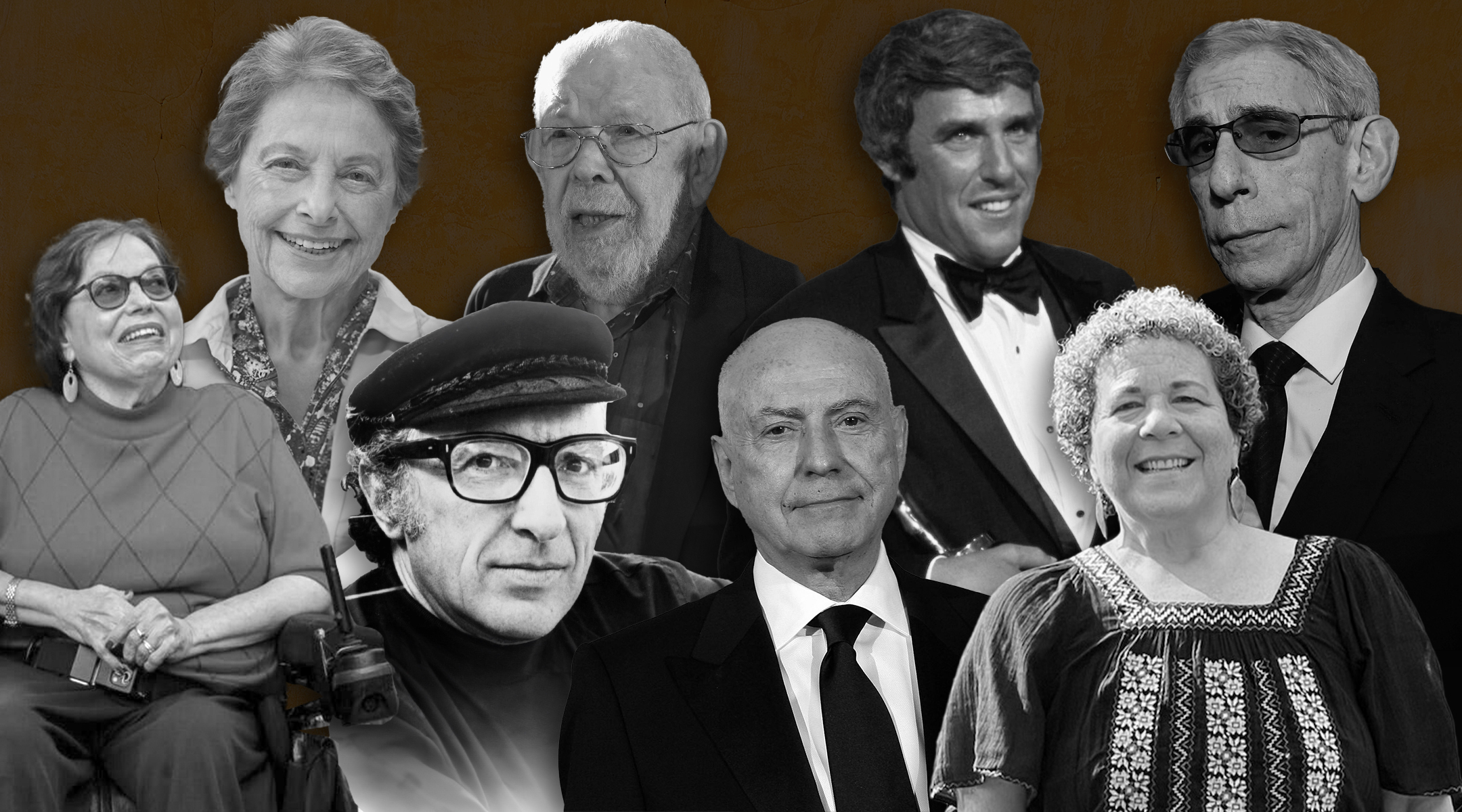(New York Jewish Week) — Before we look ahead to the New Year, the New York Jewish Week remembers the lives of 20 Jewish New Yorkers who, in their own way, each made their mark on public life through their contributions to the arts, writing, advocacy, music and religious life. May their memories be a blessing.
Bob Born
Jewish maker of Peeps marshmallow candies

A “Peeps Mobile” at the Just Born candy factory in Bethlehem, Pennsylvania. (Andrew Silow-Carroll)
Ira “Bob” Born was the head of the 100-year-old family candy company Just Born Quality Confections, where the Jewish Willy Wonka innovated one very un-Jewish treat: Peeps marshmallows, a staple of Easter baskets. Just Born also makes Mike and Ikes and Goldenberg’s Peanut Chews. Born’s father, Sam Born, was a rabbinical student from Ukraine who learned the art of chocolate-making when his family fled to Paris. The elder Born opened a factory and chocolate store in Brooklyn in 1923,the year before his son, Bob, was born. The family relocated to Bethlehem, Pennsylvania in 1932, where the company is still headquartered. Born died on Jan. 29 at age 98. His son, Ross, told the local newspaper that his father will be remembered as a “real mensch.”
Burt Bacharach
Sophisticated hitmaker of the 60s and 70s
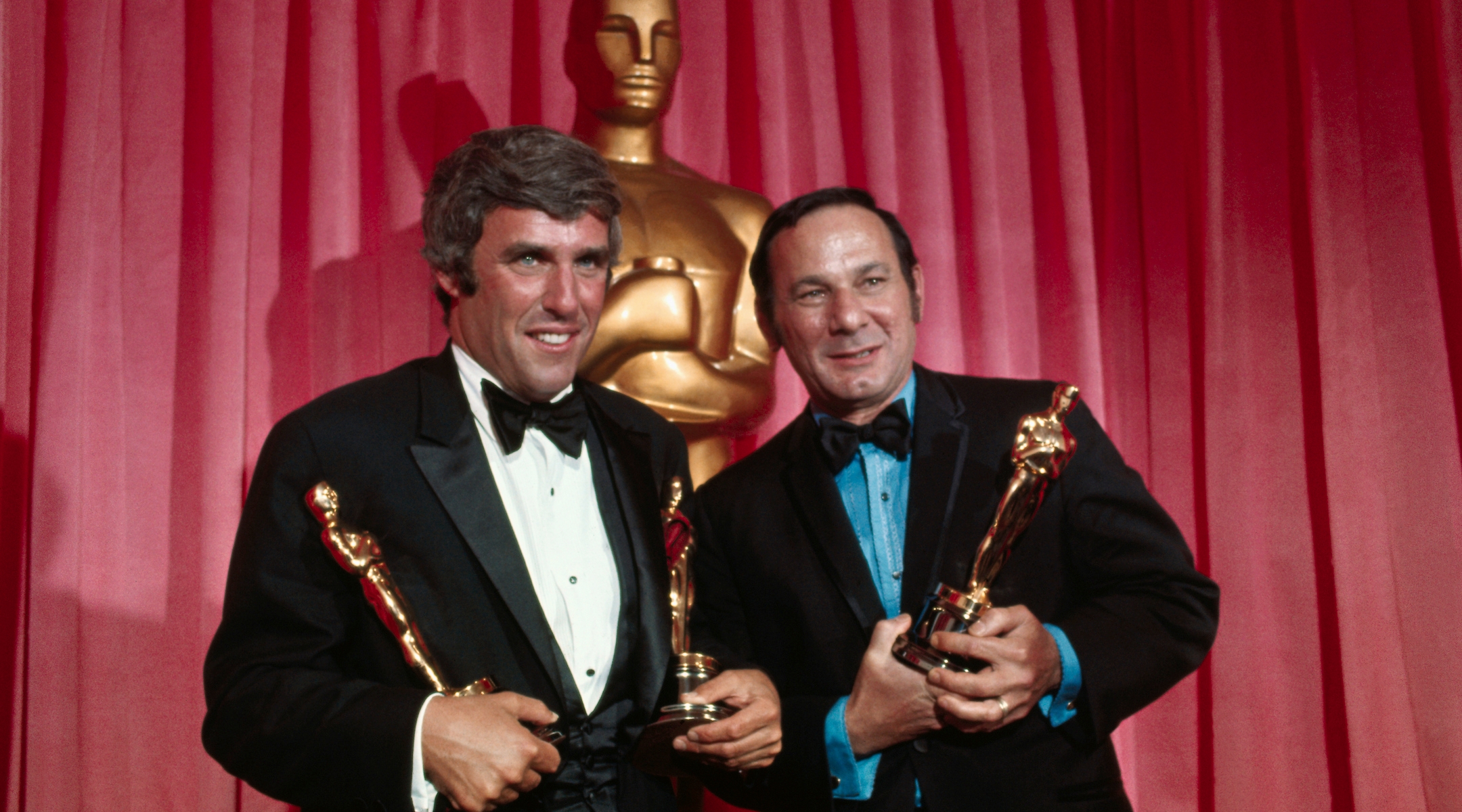
Composer Burt Bacharach (left) and lyricist Hal David hold Oscars they won for “Raindrops Keep Falling on My Head” from “Butch Cassidy and the Sundance Kid,” at the Academy Awards, April 7, 1970. (Bettmann/Getty Images)
The songwriter behind the slew of songs that made Dionne Warwick a megastar, including “Walk on By,” “Do You Know the Way to San Jose” and “I Say a Little Prayer,” Burt Bacharach grew up in a Jewish family in the Forest Hills neighborhood of Queens. He wrote in his memoir that “no one in my family ever went to synagogue or paid much attention to being Jewish,” although Jonathan Freedman, author of “Klezmer America: Jewishness, Ethnicity, Modernity,” told the New York Jewish Week in 2013 that what made Bacharach’s music Jewish was his “wild play with time signatures.” Bacharach died on Feb. 8 at age 94.
Richard Belzer
Comedian and character actor who caused controversy
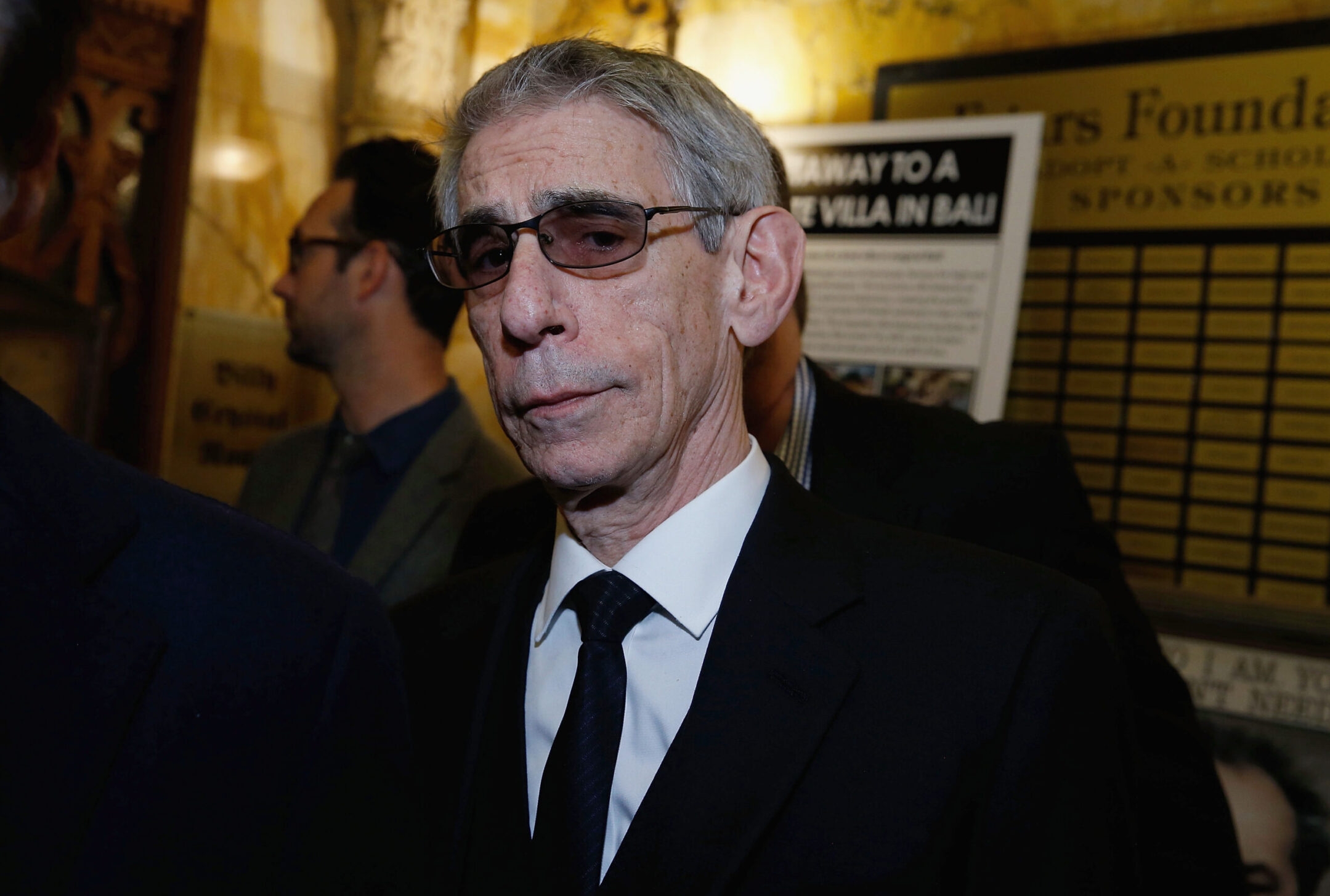
Richard Belzer attends the 90th birthday of Jerry Lewis, April 8, 2016. (John Lamparski/WireImage vis Getty)
Fans knew Richard Belzer for his character John Munch, the mopey, cerebral detective he played on shows like “Law and Order: SVU” and “Homicide: Life on the Streets.” But as a hard-working stand-up comedian, he infused his act with Jewish references and the occasional Yiddish-inflected parody of popular songs. “I’m a Jewish comedian, and there’s this new thing out, it’s called satire, irony and historical reference,” he said in response to criticism of a joke that leaned a little too hard into the Holocaust. Belzer died on Feb. 19 at age 78.
Elan Ganeles
Columbia graduate and IDF lone soldier killed in West Bank attack
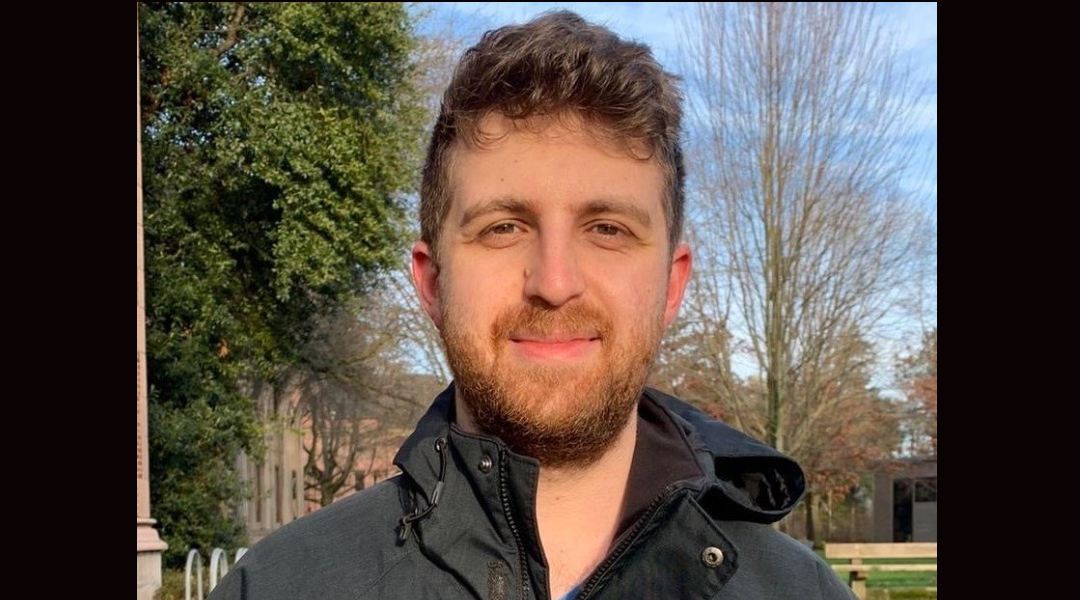
Elan Ganeles. (Consulate General of Israel in New York/Twitter)
Friends remember Elan Ganeles as quiet, loyal, funny and down-to-earth. The West Hartford, Connecticut native grew up as a regular at the Young Israel synagogue near his home, where he often read Torah. He attended Hebrew High School of New England, Camp Gan Israel, was a member of NCSY and volunteered with Jewish Family Services. Ganeles enlisted in the Israel Defense Forces in 2014 as a “lone soldier” before returning to the New York area in 2018, when he enrolled at Columbia University. He graduated in 2022. Ganeles was back in Israel for a wedding on Feb. 27 when he was killed by a gunman who shot at him on a road near the Palestinian West Bank city of Jericho. “He was the kind of guy you could call, and you’d be sure he’d pick up and have a few minutes to talk if you needed something,” said Rabbi Yehuda Drizin of Chabad at Columbia University, who knew Ganeles as an undergraduate there. “For everyone that knew him, this is a kick in the gut. This really hurts.” The 27-year-old was buried in Israel.
Judy Heumann
Jewish disability advocate who spurred a movement

Disability rights advocate Judith Heumann sits for a portrait in Washington, D.C., May 11, 2021. (Shuran Huang for The Washington Post via Getty Images)
After contracting polio as a toddler, Judy Heumann spent the rest of her life charting new paths for wheelchair users. She broke down barriers for disabled children and educators in New York City public schools and helped pass federal legislation protecting people with disabilities. Heumann died March 4 at age 75. Born to Orthodox Jewish Holocaust survivors in Brooklyn, Heumann credits her parents’ background for their fierceness in advocating for her and insistence on keeping the family together. “The Jewish community has an obligation, I believe, to be leaders,” said Heumann, then a special advisor for international disability rights in the State Department, at a White House event in 2016. Jay Ruderman, whose family foundation supports Jewish disability inclusion, called her “one of the preeminent disability rights leaders in our country’s history and her accomplishments made our world a better place.”
Hedda Kleinfeld Schachter
Holocaust Survivor who revolutionized the bridal industry
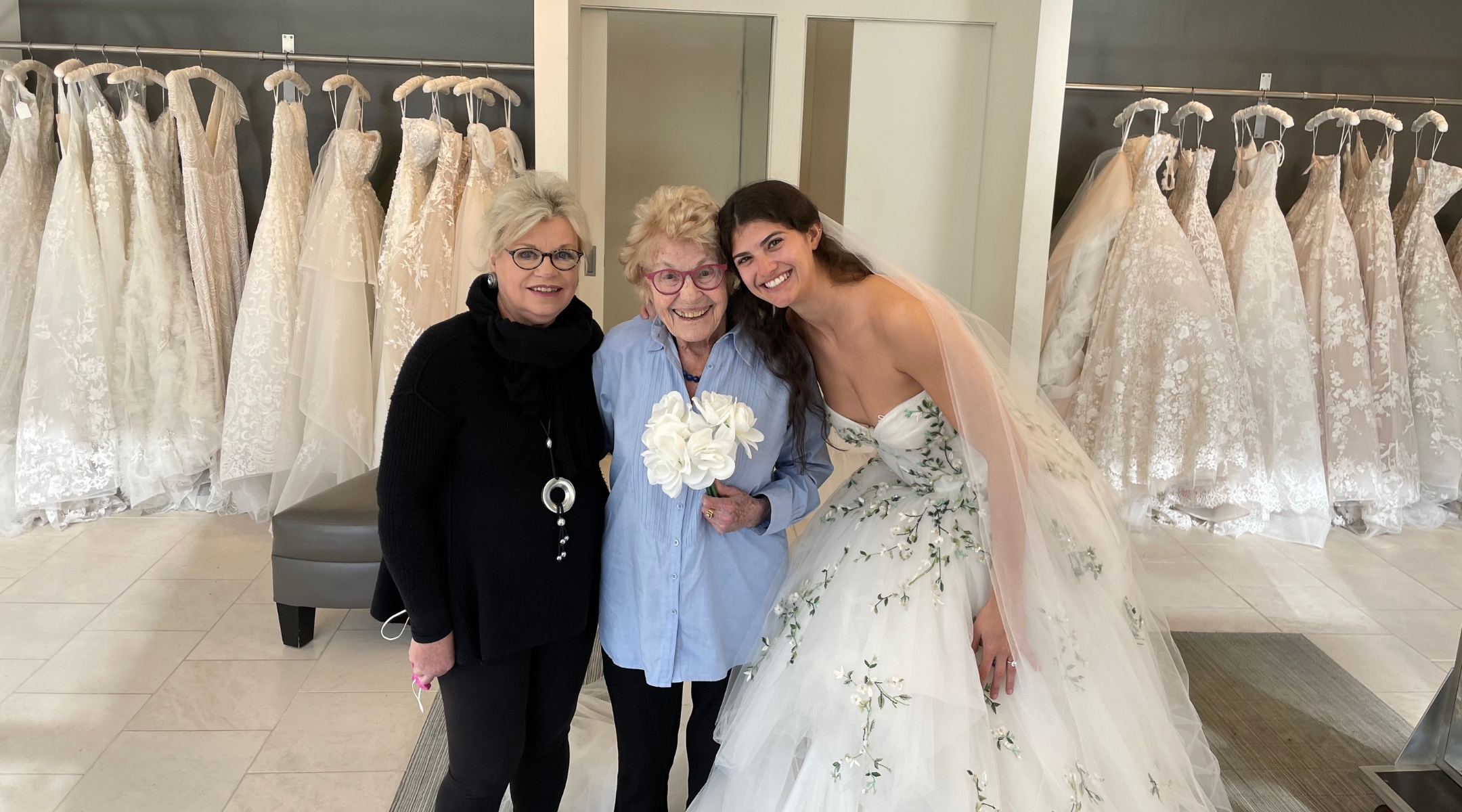
Pictured left to right: Nancy Aucone, Hedda Kleinfeld Schachter, and granddaughter Chloe Schachter at the Wedding Salon of Manhasset. (Courtesy Ilana Schachter)
Before her Kleinfeld Bridal shop became known nationwide on the TV show “Say Yes to the Dress,” Hedda Kleinfeld Schachter had already made a name for herself in the bridal industry by bringing European designer wedding dresses to the U.S., and shifting her family business in Bay Bridge away from special occasion wear to exclusively bridal. Kleinfeld Schachter died in Manhattan on March 29. She was 99. She was born in Vienna in 1924 and left in 1938 to escape Nazi persecution. Her family arrived in Brooklyn, New York in 1940 via Cuba. “She did not share a lot of experiences from that time period, but she did have happy memories of being a teenager in Havana, which I can only imagine was quite a trip,” said her granddaughter, Ilana Schachter. “I think she appreciated being a part of an industry that was about celebration.”
Seymour Stein
Music mogul who discovered Madonna and The Ramones
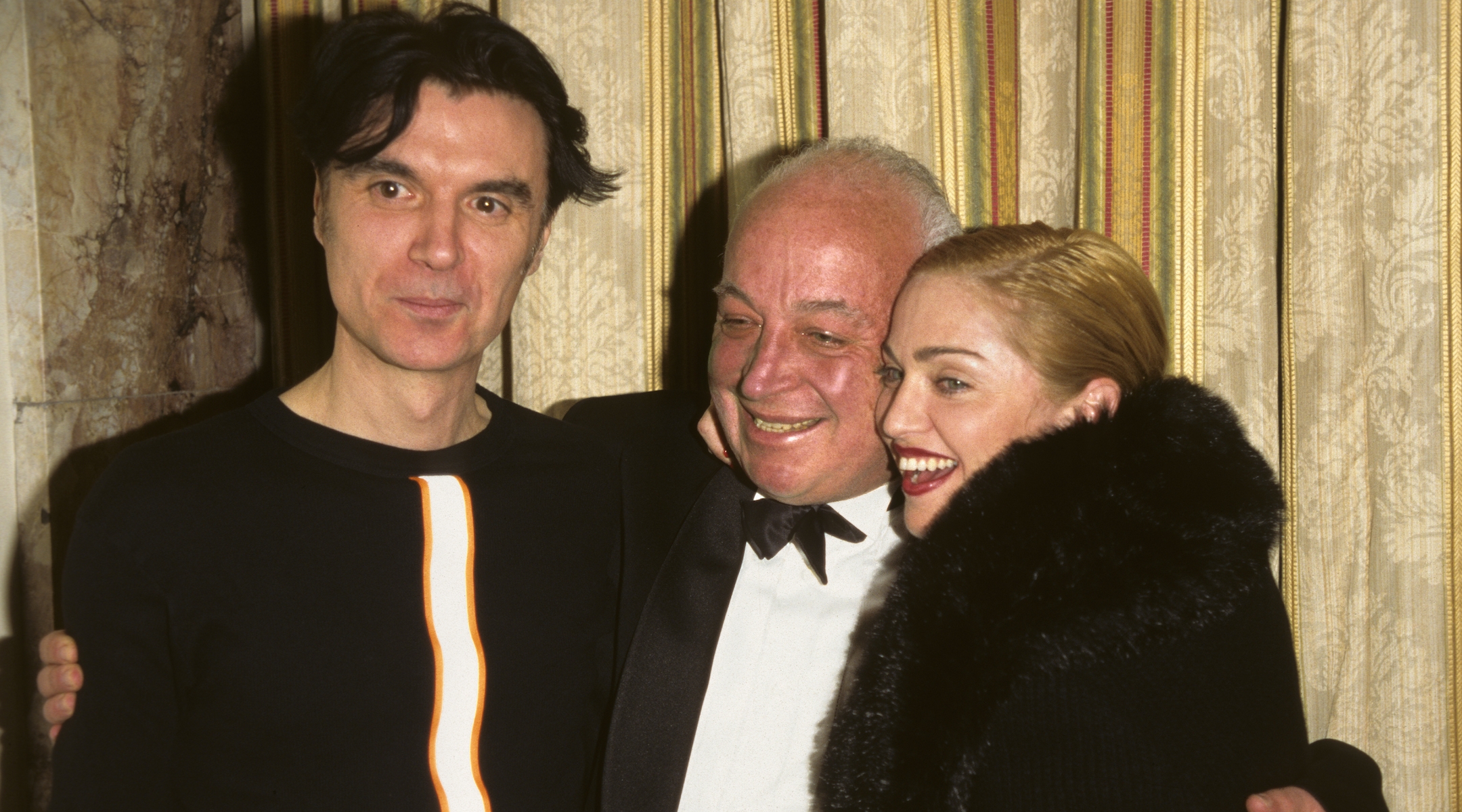
Seymour Stein with David Byrne and Madonna in 1996. (KMazur/WireImage/Getty Images)
One of the most influential music executives of the 20th century, Seymour Stein helped put the industry’s biggest stars, including Madonna, The Ramones, The Smiths, The Cure and Talking Heads, on the map. Born Seymour Steinbigle in 1942 and raised near Bensonhurst, Brooklyn, Stein co-founded Sire Records in 1966 and helped found the Rock & Roll Hall of Fame in the early 1980s. Along the way, he found camaraderie with other Jewish executives and stars. “It’s amazing now that so many doctors and lawyers are Jewish,” he said in a 2013 interview with Tablet magazine. “Jews in America weren’t allowed in those professions 120 years ago. Music is something Jews were good at and they could do. All immigrants into America tried their hand at show business.” Stein died on April 2 at age 80.
Mimi Sheraton
Pioneering food critic and scholar of the bialy
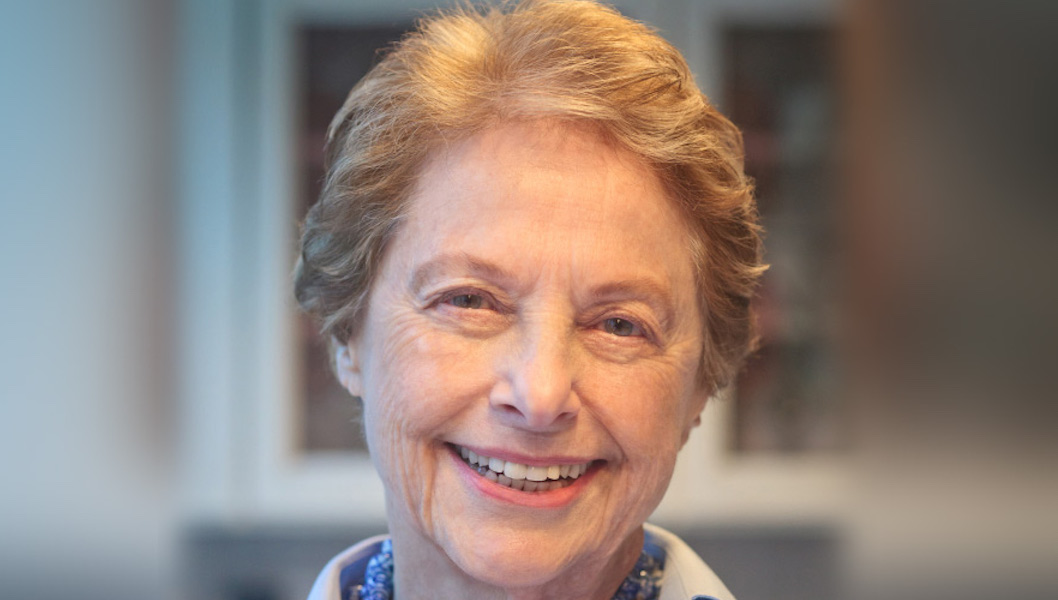
Mimi Sheraton’s books include “1,000 Foods To Eat Before You Die.” (Eric Etheridge/Workman Publishing)
The daughter of a Lower East Side grocer and the granddaughter of talented cook, Mimi Sheraton, born Miriam Solomon in Brooklyn in 1926, seemed destined for a life in food. After graduating from Midwood High School and New York University, Sheraton worked a slew of magazine jobs and became one of the best known food critics of her generation, penning 16 books in her six-decade career, including “The Bialy Eaters: The Story of a Bread and a Lost World.” Sheraton died on April 6 at age 97. She was a contributing editor and critic for New York Magazine and became the first woman to serve as the New York Times’ chief restaurant critic in 1976. “The most prominent characteristic of her reviews was the vast amount of knowledge she brought to the job and the enlivened, precise language she used to convey that information,” wrote Charlotte Druckman, in her 2019 book “Women On Food.” “It was service journalism with expertise and voice.”
Al Jaffee
Iconic Mad Magazine cartoonist
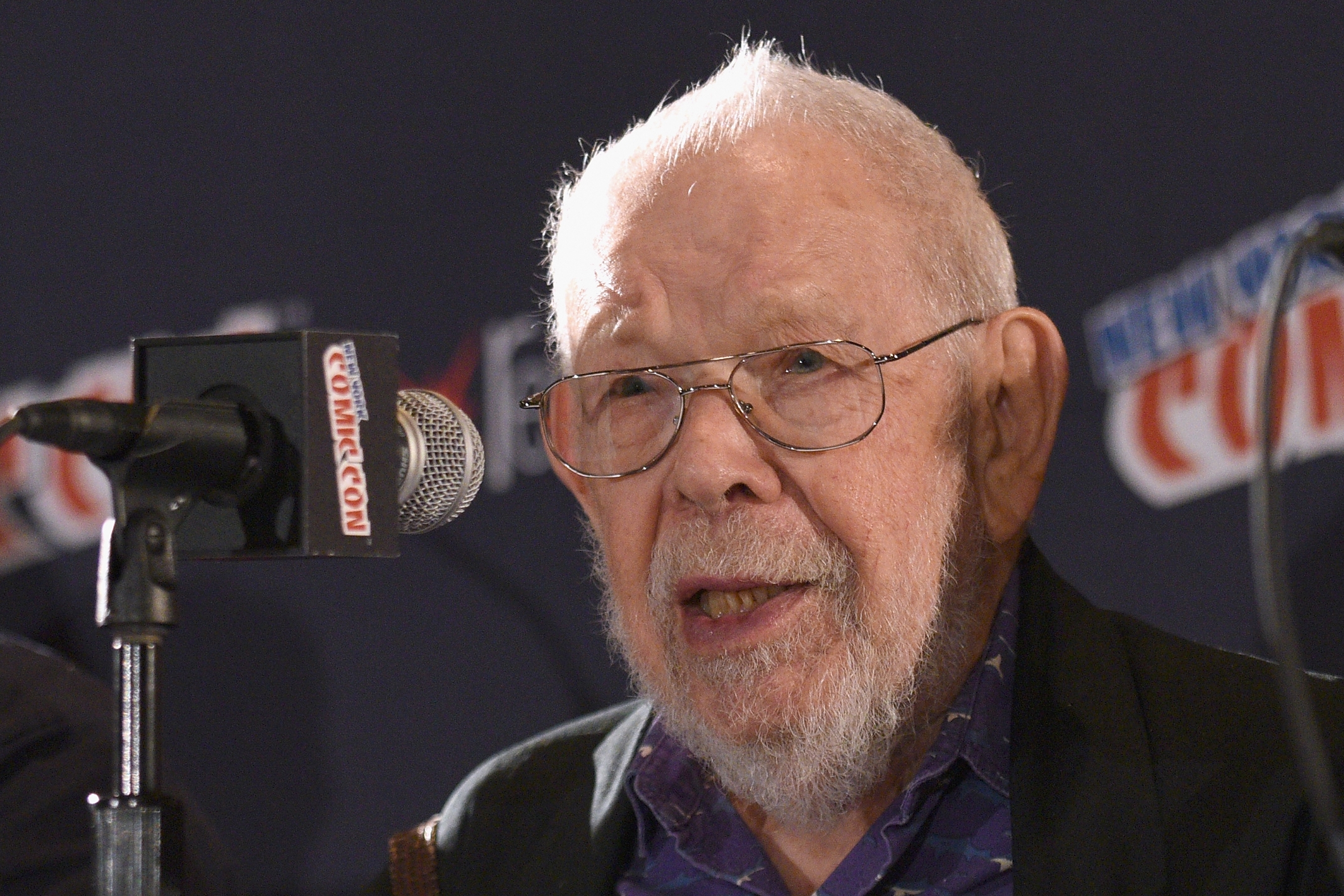
Al Jaffee at an event at New York Comic Con, Oct. 6, 2017 in New York City. (Bryan Bedder/Getty Images for Mad Magazine)
Best known for his back-of-the-book “Fold-In” features for Mad Magazine, cartoonist Al Jaffee and the self-described “usual gang of idiots” at the humor magazine shaped the sensibilities of many future comics. He was born into an Orthodox Jewish immigrant family in Savannah, Georgia in 1921, but moved back to his mother’s native Lithuania, staying just long enough to develop his love of comics (mailed to him by his father), Yiddish and “anti-adultism.” Jaffee died on April 10 in New York City at age 102. For nearly a decade, he also had a side gig as a cartoonist for The Moshiach Times, a Chabad-affiliated magazine, where he inked a cartoon called “The Shpy,” depicting a rabbinic secret agent who battles forces of evil.
Sheldon Harnick
The last surviving creator of “Fiddler on the Roof”
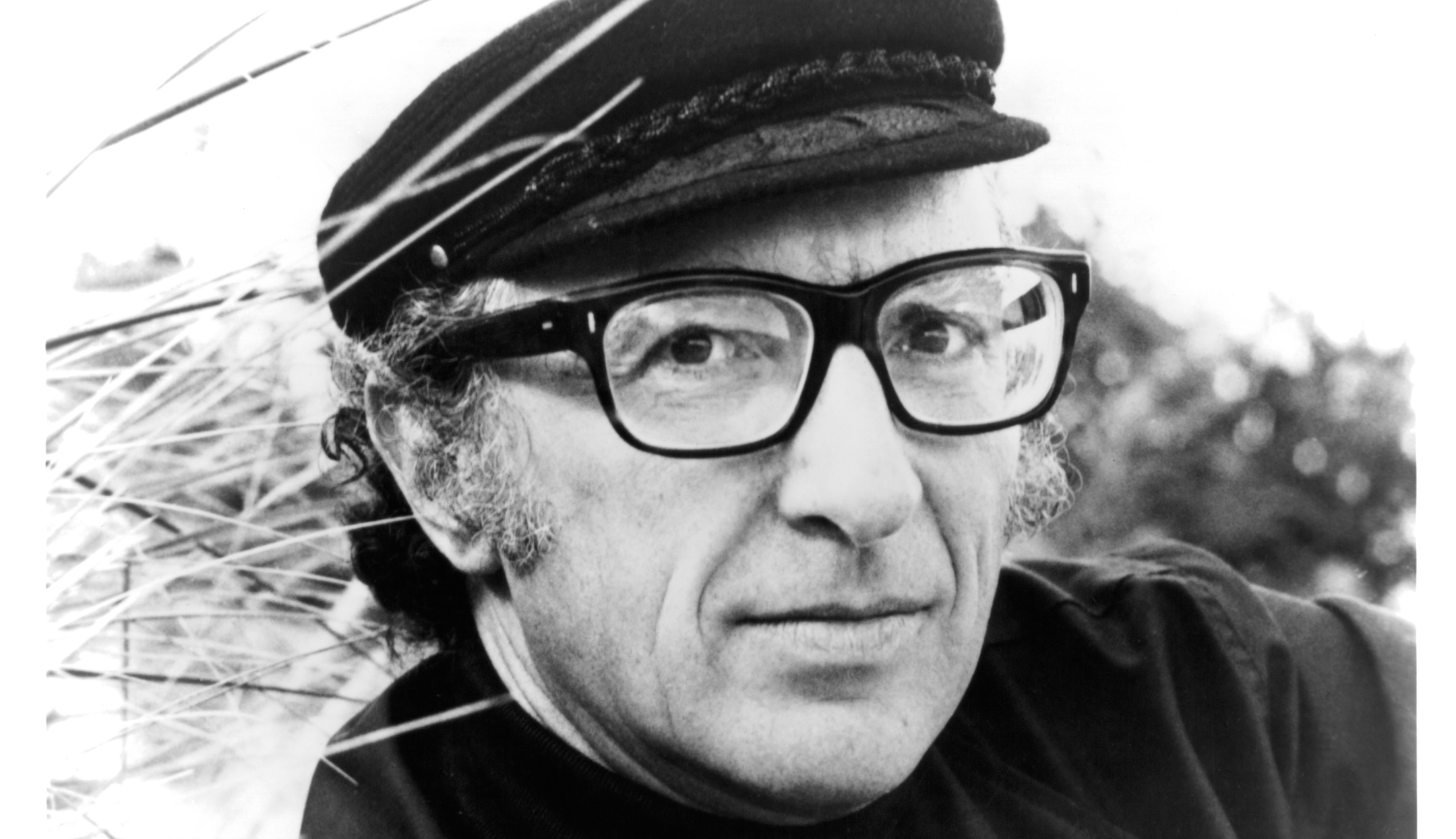
Lyricist Sheldon Harnick, circa 1995. (Michael Ochs Archives/Getty Images)
The American lyricist and composer Sheldon Harnick first encountered the stories of Sholem Aleichem as a teenager growing up in Chicago. At first, he wrote them off. But 20 or so years later, he found the writing “wonderfully human and moving and funny.” In the late 1950s Harnick began to work with Jerry Bock and Joe Stein to adapt the material for the stage; “Fiddler on the Roof” opened on Broadway in 1964 and ran for more than 3,200 performances, which stood as a Broadway record for a decade, and won multiple awards. “We hoped with any luck that it might run a year,” Harnick said in 1981 on “The Songwriters,” a PBS showcase series. “We were totally unprepared for the impact the show would have literally around the world.” Harnick died in Manhattan on June 23 at 99.
Alan Arkin
Jewish actor with uncommon versatility
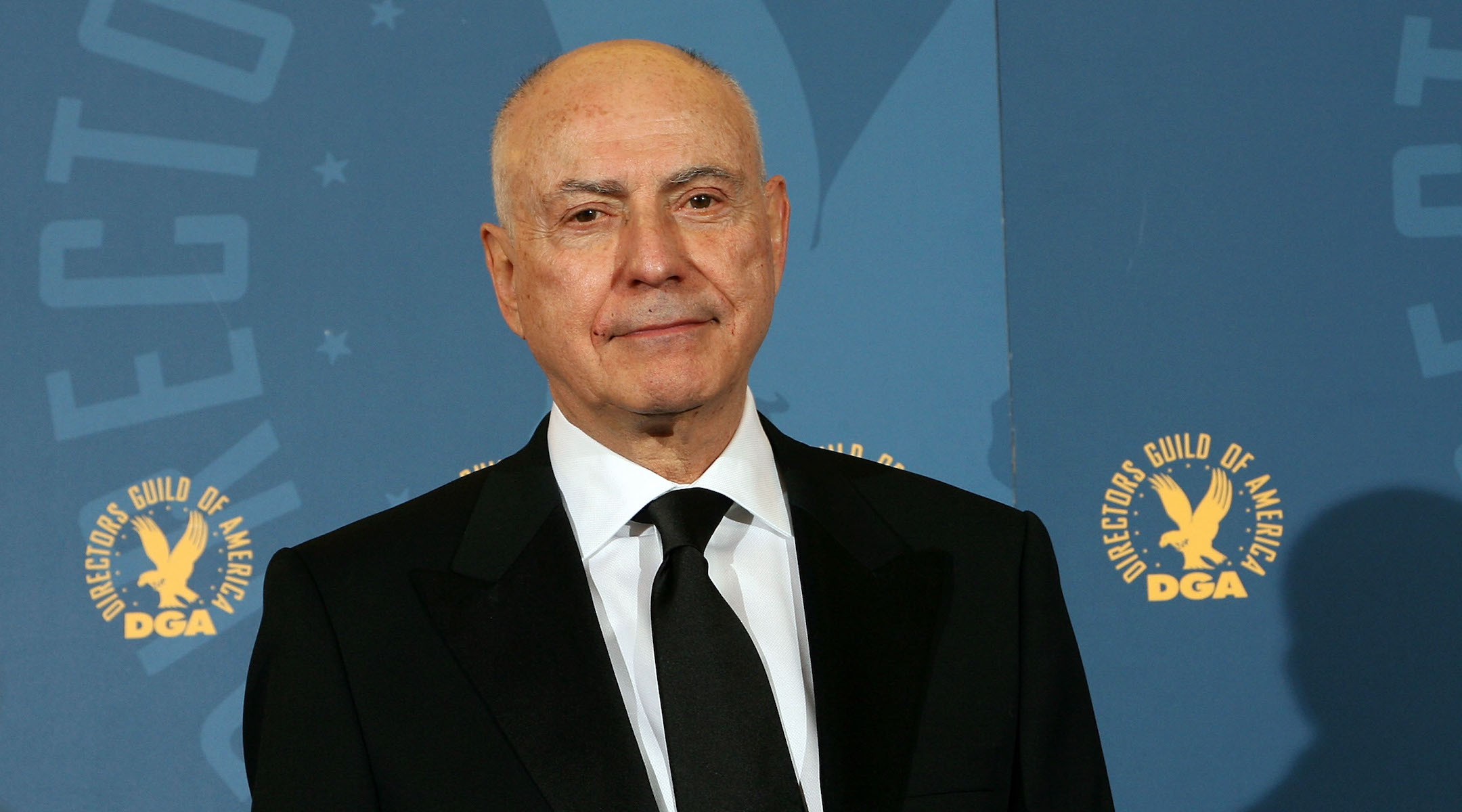
Alan Arkin in 2007. (Michael Buckner/Getty Images)
The son of Ukrainian and German Jewish immigrants, Alan Arkin wrote in his 2011 memoir “An Improvised Life” that he knew he was going to be an actor from the age of five. Born in Brooklyn in 1934, Arkin made a name for himself playing a wide variety of characters, from a conflicted Russian submarine officer (“The Russians Are Coming, the Russians Are Coming,” 1966), a struggling Puerto Rican widower (“Popi,” 1969) and a mild-mannered Manhattan dentist recruited into an unlikely espionage scheme by his daughter’s future father-in-law (“The In-Laws,” 1979). Arkin died on June 29 at 89. Over his seven decade career, he was nominated four times for an Academy Award, and won in 2007 for his role in “Little Miss Sunshine,” as the vulgar grandfather of a little girl who dreams of winning a beauty pageant.
Louise Levy
‘Supercentenarian’ subject of longevity study among Ashkenazi Jews
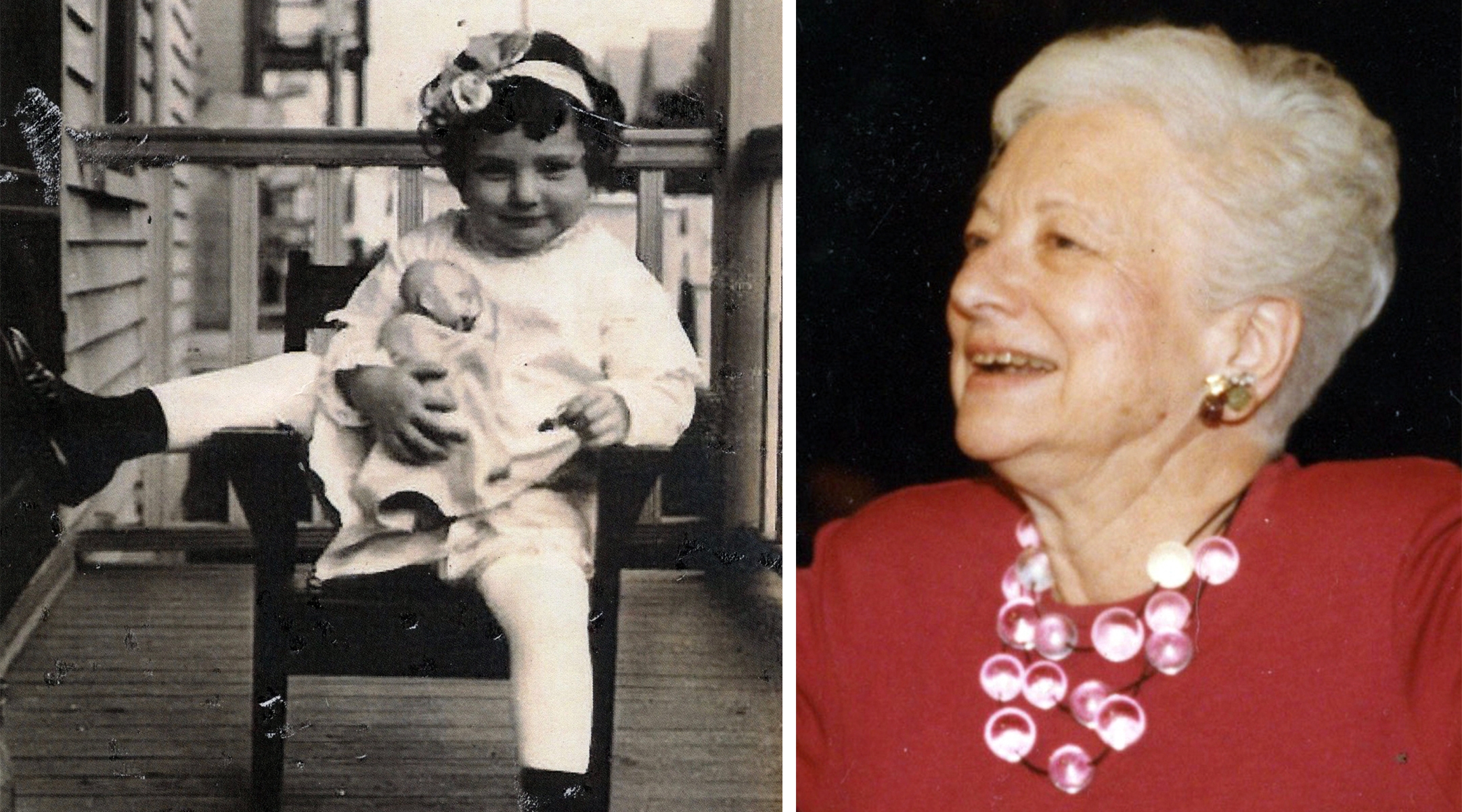
Louise Levy was born in 1910 and grew up in Cleveland and New York City; Levy often ascribed her longevity to a daily glass of red wine and a low-cholesterol diet. (Photos courtesy Levy family, via Fox Funeral Home)
Born on Nov. 1, 1910 in Cleveland, Louise Levy joined a small group of supercentenarians — people older than 110, of which there are fewer than two dozen in the world — when she turned 110 in 2020. She was a participant in The Longevity Genes Project, a study of long-living Ashkenazi Jews that aims to explore what genetic factors might allow people to live well into the triple digits. Levy, meanwhile, credited her long life to a daily glass of red wine and a low-cholesterol diet, and she said she never ate sweets. Levy died on July 17 at age 112. Before her death, she was the oldest living resident of New York State.
Nechama Tec
Survivor whose book about the Bielski partisans inspired the Daniel Craig film ‘Defiance’
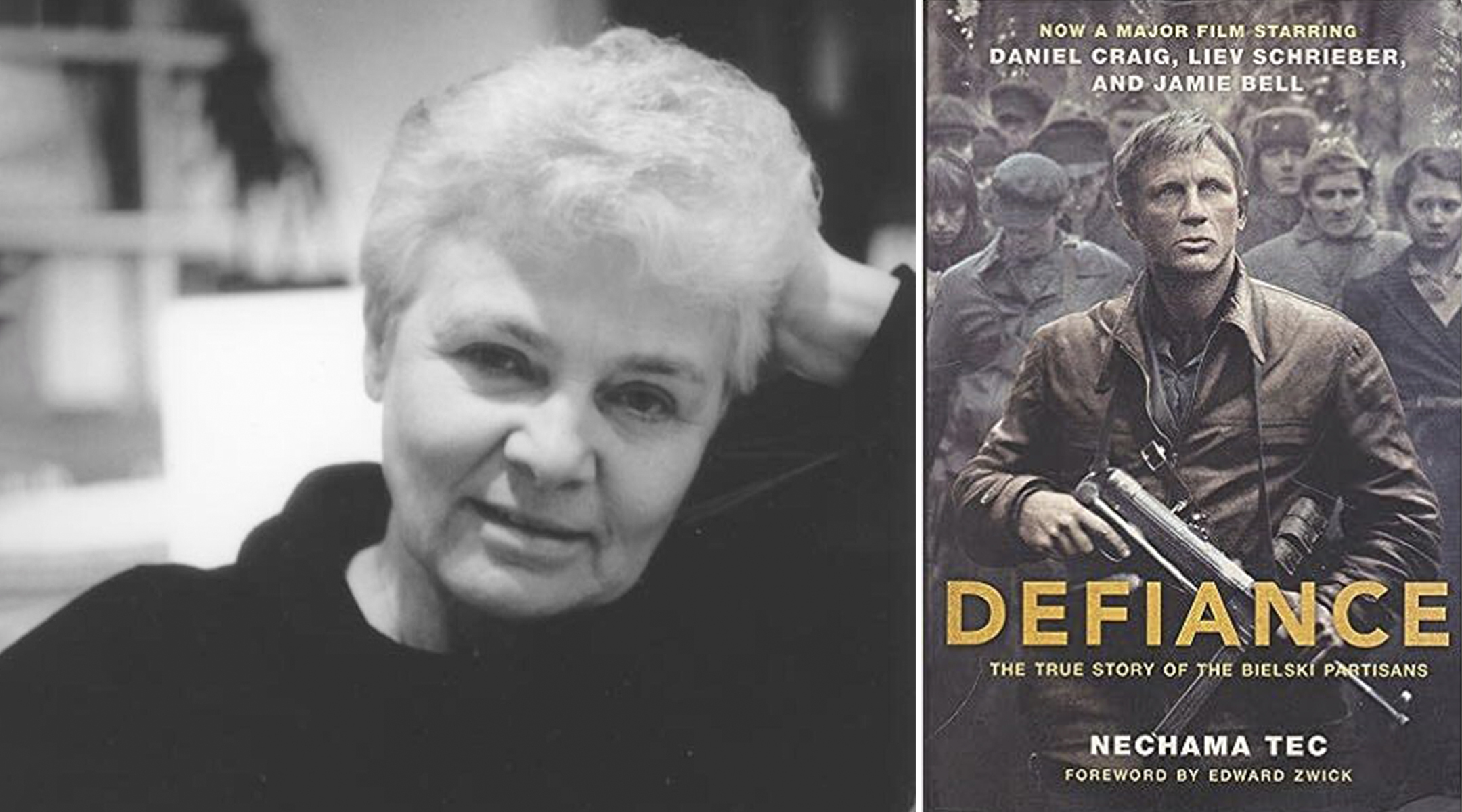
University of Connecticut sociologist and historian Nechama Tec’s 1993 book “Defiance: The Bielski Partisans” was adapted for a 2008 film directed by Edward Zwick. (Jewish Women’s Archive)
Born in Lublin, Poland in 1931, Nechama Tec survived the Shoah by posing as the niece of a Catholic family. She eventually immigrated to New York via Israel, where she earned her bachelor’s, master’s and doctoral degrees from Columbia University. For decades, she was on the sociology faculty at the University of Connecticut, writing mainly about overlooked aspects of the Holocaust, including the role of Christian rescuers and the gender dynamics among and between Jewish survivors. Her 1993 book, “Defiance: The Bielski Partisans,” about a group of Jews in Belarus who successfully defied the Nazis, was made into the 2008 film “Defiance.” Tec died in New York City on Aug. 3 at age 92.
Cantor Philip Sherman
The ‘busiest mohel in New York’
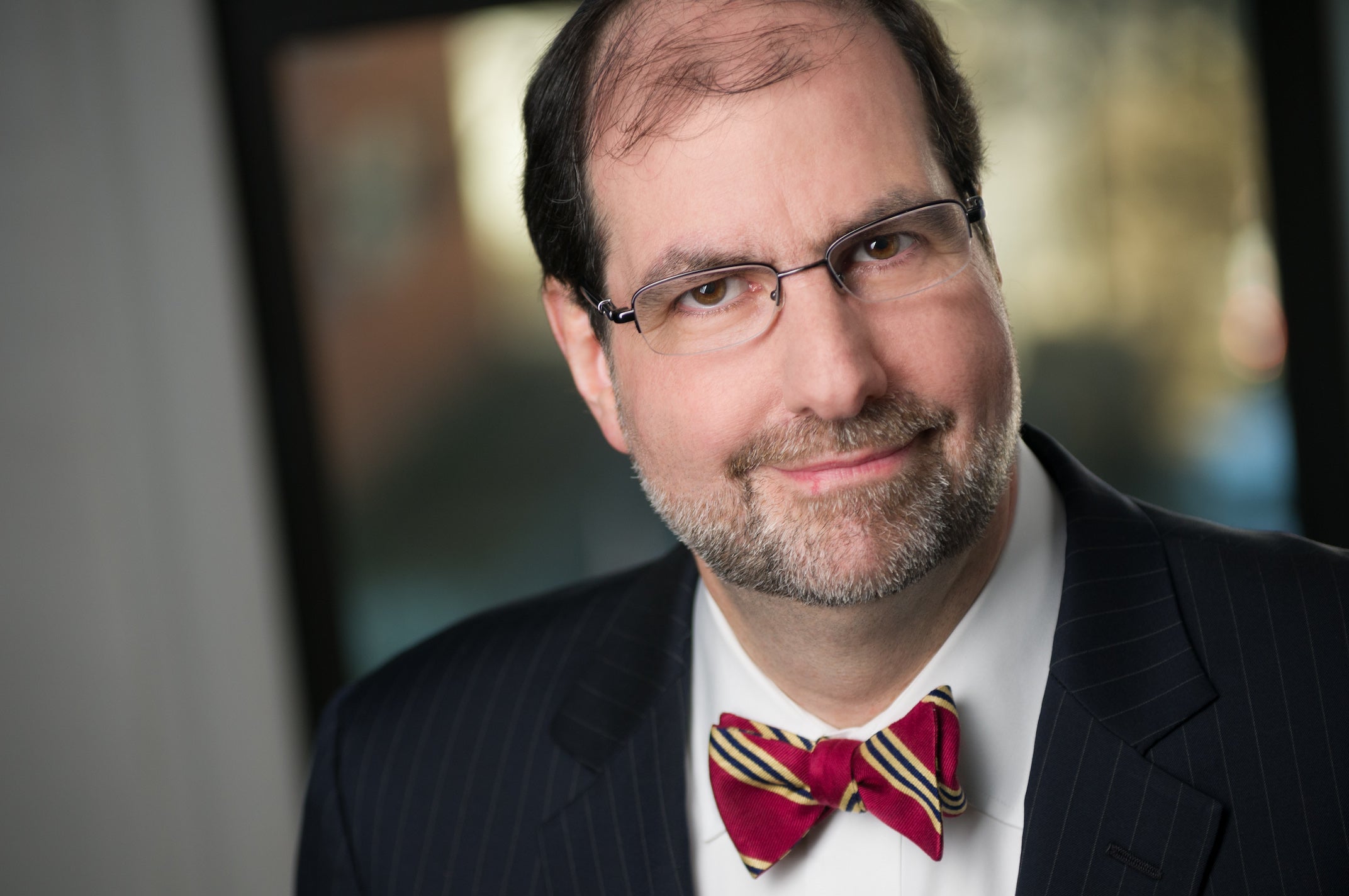
Cantor Philip Sherman was a prominent mohel in the New York City area. (Courtesy Philip Sherman)
Wearing a signature bowtie to each of his appointments, Cantor Philip Sherman performed more than 26,000 circumcisions during his 45-year career, including for the offspring of many Jewish celebrities. His record, he told JTA in 2014, was 11 in one day. Sherman died of pancreatic cancer at 67 on Aug. 9 in New York City. His family remembers him as optimistic, determined and passionate about the Jewish community. “He would run in, run out because it was important to him to cover as many brisses as he could,” said his son Elan Sherman, who was with him on the record-setting day. “He wanted to leave that mark on the Jewish community, that he was really there as much as he could be for all Jewish babies.” Born in Syracuse, Sherman graduated with a joint degree from Columbia University and the Jewish Theological Seminary in 1979, and served as a cantor at several Manhattan synagogues including Park East Synagogue, Lincoln Square Synagogue and Congregation Shearith Israel-The Spanish and Portuguese Synagogue.
Rabbi Israel Francus, Rabbi Avraham Holtz, Samuel Klagsbrun
Revered scholars of Conservative Judaism professors at the Jewish Theological Seminary
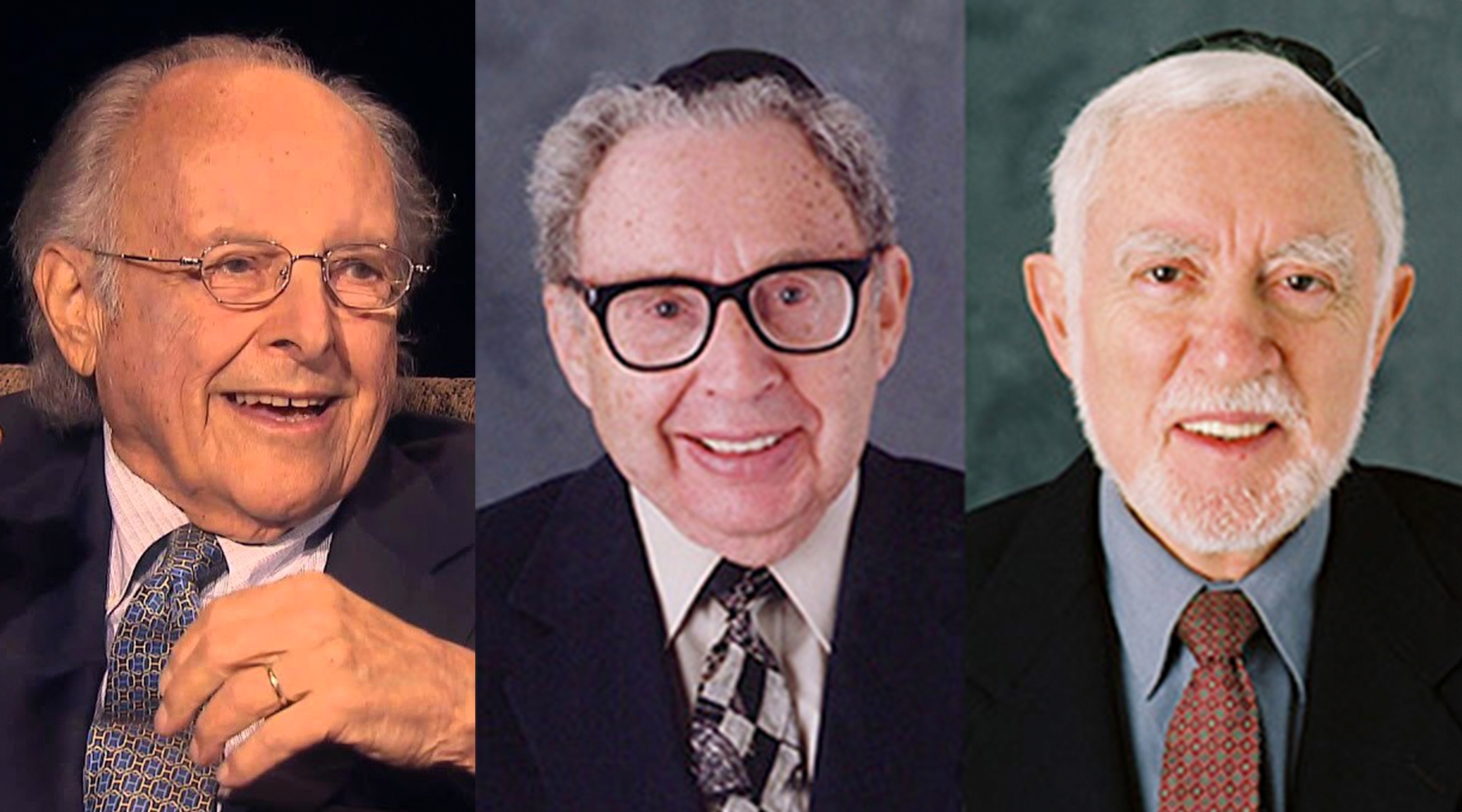
Samuel Klagsbrun, Israel Francus and Avraham Holtz were on the faculty of the Jewish Theological Seminary. (Via JTS)
The Jewish Theological Seminary, the flagship rabbinical institution of the Conservative movement, was in deep mourning in November after three scholars died within days of each other. Rabbi Israel Francus and Rabbi Avraham Holtz both died on Nov. 15 at ages 96 and 89, respectively. Both were professors at the seminary; Francus taught Talmudic exegesis and Holtz was an authority on the Nobel Prize-winning Israeli author S.Y. Agnon, as well as the chair of the department of Hebrew Literature and dean of Academic Development. Samuel Klagsbrun was a psychiatrist who for many years taught pastoral psychiatry to JTS students and founded the school’s Center for Pastoral Education in 2009. He died on Nov. 11 at 91. “Together, these three individuals reflect the breadth and depth of a JTS education,” Shuly Rubin Schwartz, the chancellor of JTS, said in a statement to the Jewish Telegraphic Agency. She noted that the three represented “the importance JTS attaches to educating not only the texts, history, and ideas of our people but also ensuring that future clergy were attuned to the heart, soul, and emotional lives of the Jews they would serve.”
Neil Drossman
Ad writer admired for his wit and wordplay
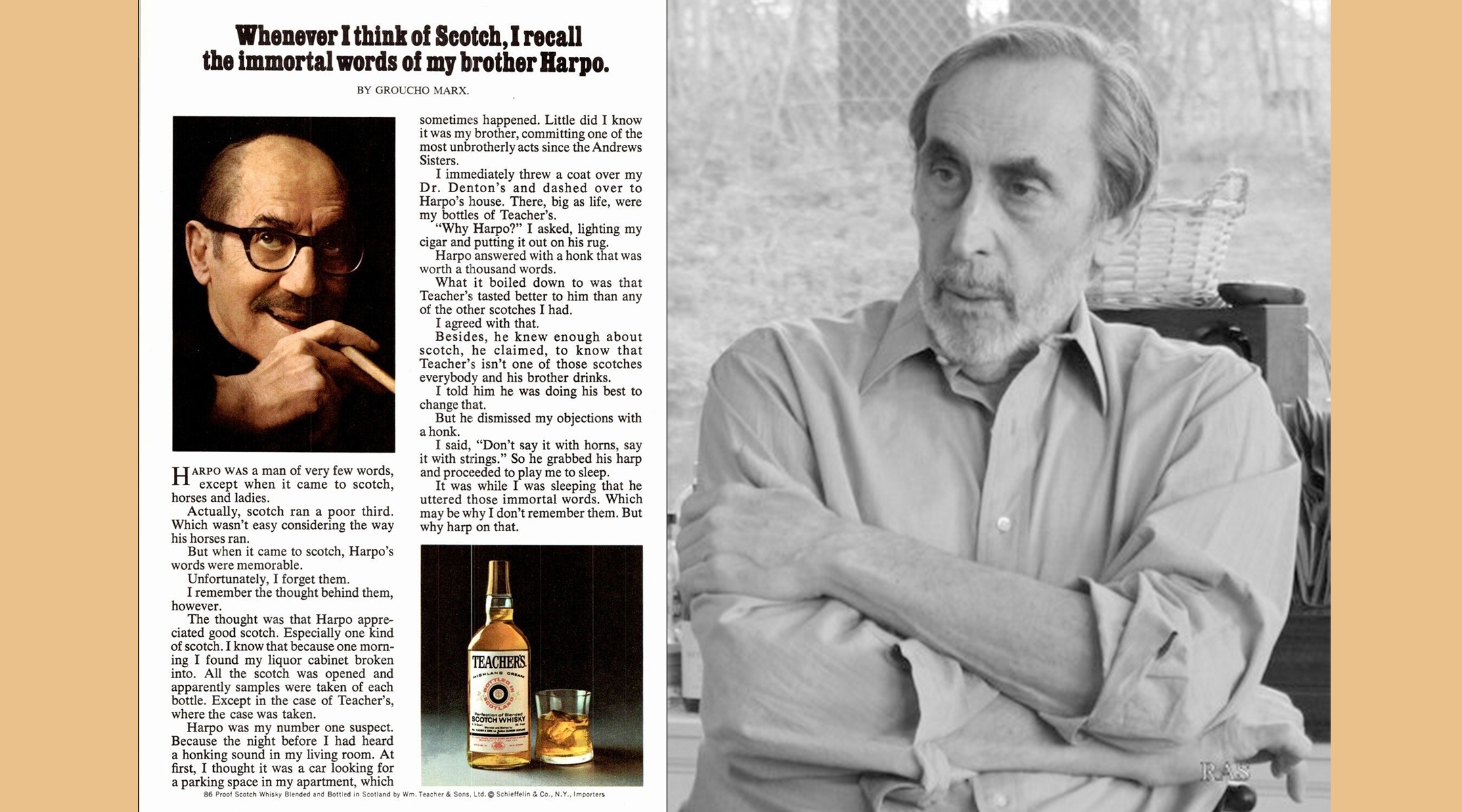
Neil Drossman created a series of ads for Teacher’s scotch featuring ghost-written testimonials by celebrities, including Groucho Marx, left. (Photo courtesy of Robert Danor)
Those familiar with the memorable ad campaigns of Meow Mix — “The Cat Food Cats Ask For By Name” — and Emery Air Freight, which featured a photo of globe-trotting Secretary of State Henry Kissinger with the headline, “Emery flies to more places than he does,” are familiar with the work of Brooklyn-born Neil Drossman. He wrote some of most admired tag lines and campaigns in the history of the advertising business at the tail end of the “Mad Men” era. “Seeing his work transformed my views of what advertising could be,” the advertising executive Lee Garfinkel wrote in a tribute in the trade journal Ad Age. “Each headline was smart, funny, insightful, unexpected and thought-provoking.” Drossman died on Nov. 25 at age 83.
Rabbi Laurie Phillips
Founder of a Manhattan ‘synagogue without walls’
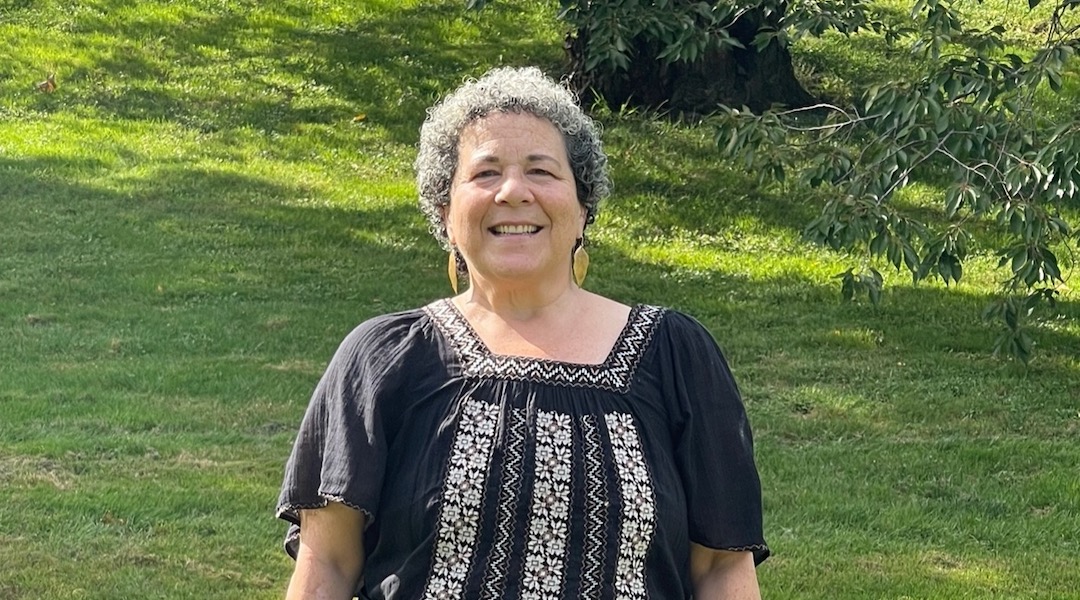
Rabbi Laurie Phillips founded the New York-based “synagogue without walls” Beinenu. (Courtesy Debbie Mukamal and Rabbi John Franken)
Rabbi Laurie Phillips founded “Beinenu” (“between us” in Hebrew) in 2014 as a means of offering Jewish worship and celebrations in intimate spaces. She co-directed the organization with musician Daphna Mor, and also led High Holiday services at JCC Harlem. Before launching Beinenu, Phillips served as the associate director for the Mandel Center for Jewish Education at the JCC Association of North America, where she co-created Lechu Lachem, an immersive program for Jewish camp directors. She also helped create, with the JCC Manhattan and three nearby synagogues, the Jewish Journeys project, which provides personalized alternatives to synagogue-based supplementary Jewish schooling. Phillips died on Nov. 26 at age 55. “I am so lucky to have found a partner with whom I could create my dream version of a Jewish community in NYC, led through the heart, held by music, genuine love, and joy,” Mor said in a statement to JTA. “Laurie’s legacy of light, love and kindness keeps shining through all the people whose lives she touched.”
Rabbi David Ellenson
A prominent scholar, a leader of the Reform movement and ‘everyone’s favorite rabbi’
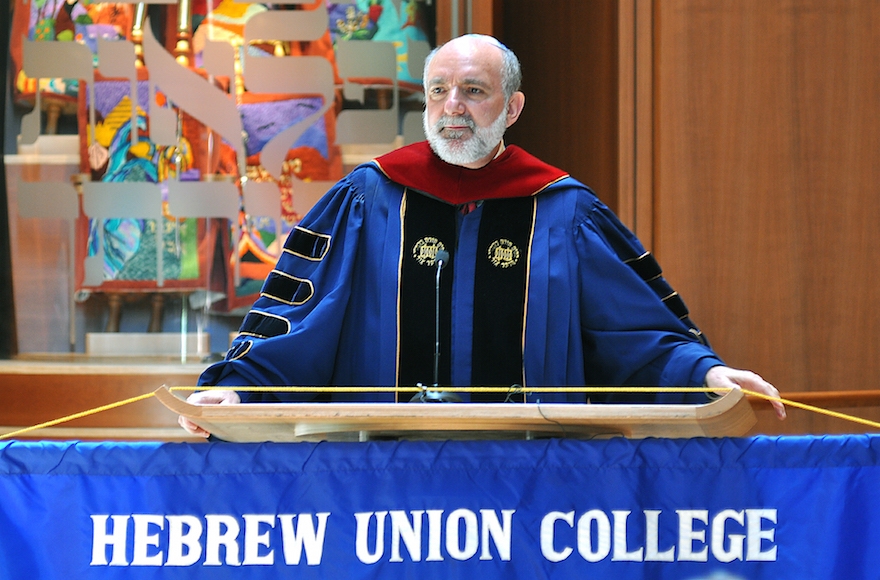
Rabbi David Ellenson served for 12 years as president of Hebrew Union College-Jewish Institute of Religion. (Courtesy of HUC)
As the president of Hebrew Union College-Jewish Institute of Religion, Rabbi David Ellenson mentored a generation of rabbis and scholars as a historian, adviser and confidant. He prioritized a year of study in Israel for rabbinical students, shepherded the institution through the 2008 financial crisis, expanded the number of women in leadership roles and led efforts to ease the Israeli Orthodox rabbinate’s grip on religious ritual in Israel. A prolific scholar of modern Jewish thought and history, Ellenson died on Dec. 7 at his home in Manhattan at age 76. Before his 12-year-long tenure as president, which ended in 2013, Ellenson spent some 30 years as a student and faculty member at HUC-JIR. “My soul is bound to this institution and to the holy mission that animates it,” he wrote in 2013. “It has been the greatest privilege to devote my life to this school.”
The New York Jewish Week brings you the stories behind the headlines, keeping you connected to Jewish life in New York. Help sustain the reporting you trust by donating today.
